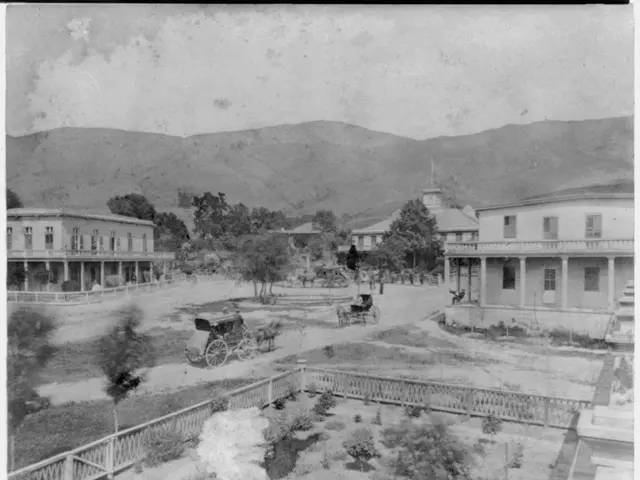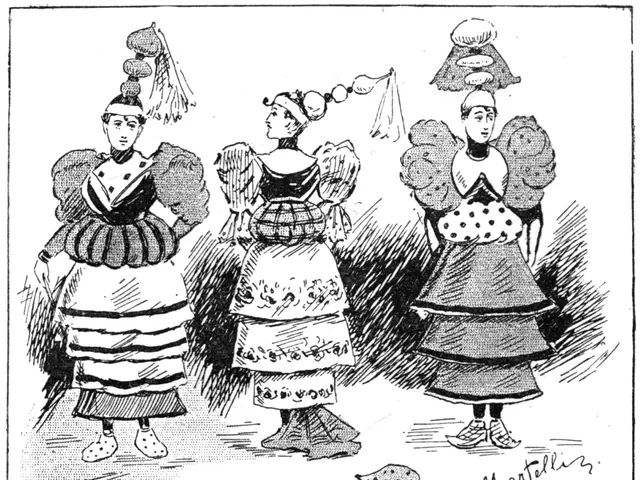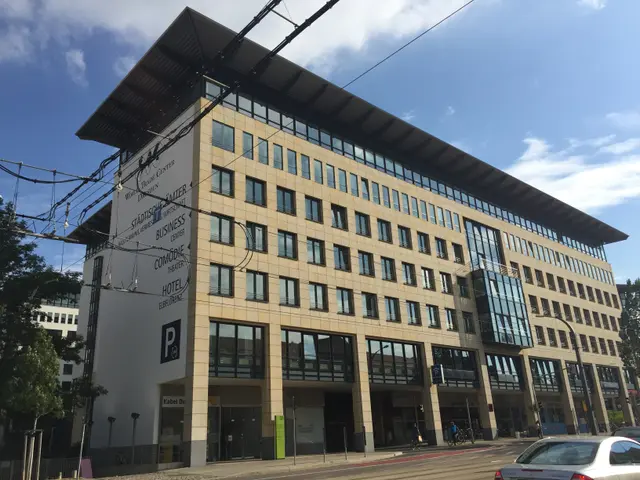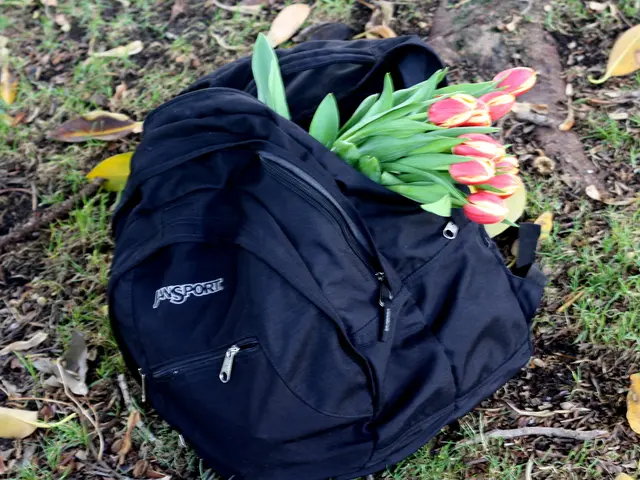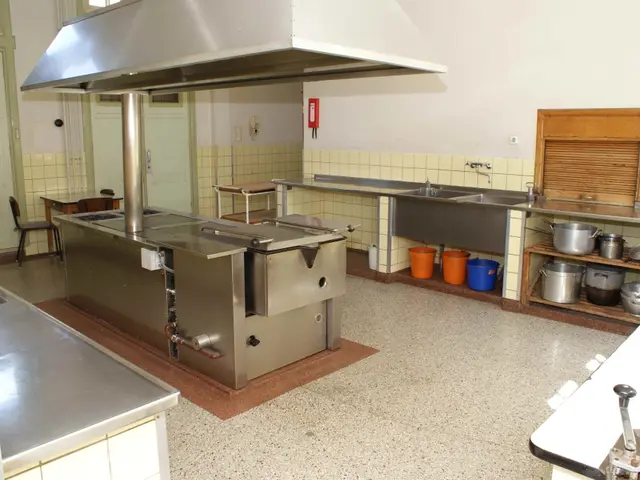The Green Movement in the Mekong Delta
Expanding Premium, Low-Carbon Rice Farming in the Mekong Delta Region
A transformative initiative, "Sustainable Development of One Million Hectares of High-Quality, Low-Emission Rice Associated with Green Growth in the Mekong Delta by 2030," aims to revolutionize rice cultivation in the region. With promising environmental and economic benefits, this project has gathered momentum.
Rainbow of Advantages
- Economic Riches: By reducing production costs by 8.2-24.2% and boosting farmers' profits by VNĐ4-7.6 million (US$150-270) per hectare, the project has facilitated a prosperous agricultural frontier [1].
- Eco-consciousness: The project has reduced greenhouse gas emissions by an average of two to 12 tonnes of carbon dioxide equivalent per hectare, promoting eco-friendly agriculture [1].
- International Ties: Japanese firm Green Carbon narrates a compelling story of partnership, implementing methane gas reduction strategies through Alternate Wetting and Drying (AWD) techniques and aiding farmers to meet international export standards [2].
Hurdles to Overcome
- Climate Conundrum: The Mekong Delta grapples with unpredictable water flow and climate patterns, posing challenges to agricultural management [4].
- Environmental Struggles: Lingering impacts of traditional farming practices demand a transition to sustainable solutions [5].
- Wild Rice Preservation: The struggle to conserve wild rice, a keystone for ecological balance and genetic resilience, encounters barriers due to erratic flooding and habitat deterioration [4].
Pathway for 2025
- Scaling Up Sustainability: Broadening high-quality, low-emission rice cultivation models across the region is essential, with a focus on cost reductions and eco-friendly farming practices [1].
- Global Collaboration: Capitalizing on international partnerships like Green Carbon, this project can implement state-of-the-art farming techniques for climate-resilient agriculture [2].
- Biodiversity Safeguards: Incorporating wild rice conservation efforts into the broader project ensures ecological stability and fosters genetic diversity for future resilience [4].
- Climate Adaptability: Adopting adaptive management strategies that respond to shifting climate and hydrological patterns will ensure longevity [4].
Future Forecasts
The success of the project hinges on its adaptability to climate change, community engagement, and integrated biodiversity conservation efforts. As Vietnam persistently prioritizes sustainable agriculture, the Mekong Delta serves as a beacon for eco-friendly and economically viable rice production methods.
[1] Enrichment Data - The Vietnamese News Agency (VNA) reported on the remarkable progress achieved by the one-million-hectare rice project in the Mekong Delta, with notable economic benefits and support from experts and farmers. ([Access Link])
[2] Enrichment Data - Green Carbon, a Japanese organization, particitpates in the project by promoting methane gas reduction through Alternate Wetting and Drying (AWD) techniques and assisting farmers to meet international export standards. ([Access Link])
Farmers in Châu Phú District in the Cửu Long (Mekong) Delta province of An Giang harvest rice last month. The crop was cultivated under the project "Sustainable Development of One Million Hectares of High-Quality, Low-Emission Rice Associated with Green Growth in the Mekong Delta by 2030." - VNA/VNS Photo Thanh Sang
[3] Enrichment Data - The Tiến Thuận Co-operative in Cần Thơ has flourished under the project, with rice yields remaining stable and farmers' profits improving substantially. ([Access Link])
[4] Enrichment Data - The Mekong Delta faces numerous challenges due to a complex blend of climate change, environmental stressors, and biodiversity concerns, making sustainable agriculture a pressing necessity. ([Access Link])
[5] Enrichment Data - Conventional farming practices in the Mekong Delta have caused environmental degradation, making it essential to transition to sustainable solutions like the one-million-hectare rice project. ([Access Link])
- The government's policy of promoting sustainable agriculture, such as the "Sustainable Development of One Million Hectares of High-Quality, Low-Emission Rice Associated with Green Growth in the Mekong Delta by 2030," demonstrates a strong commitment towards environmental science.
- The environmental benefits of this project extend beyond the Mekong Delta, as it reduces greenhouse gas emissions, thereby contributing to the global effort to combat climate change.
- In the realm of technology, the project incorporates modern farming techniques like Alternate Wetting and Drying (AWD) to reduce methane gas emissions, showing the potential of AI in agriculture.
- The project also has significant cultural and lifestyle implications, as it encourages a shift towards sustainable living and home-and-garden practices among the local community.
- However, the project faces challenges in adapting to the unpredictable climate and hydrological patterns of the Mekong Delta, highlighting the importance of science and technology in climate resilience.
- The preservation of wild rice, a keystone for ecological balance and genetic resilience, is another crucial aspect of the project, intersecting with both environmental-science and biodiversity conservation efforts.
- The economic success of the project, which benefits farmers by reducing production costs and boosting profits, underscores the potential for sustainable agriculture to coexist with market-driven goals.

